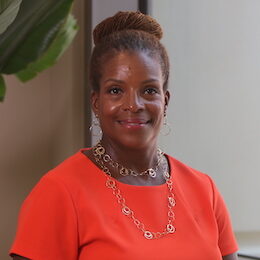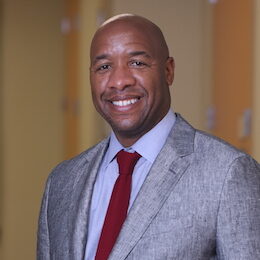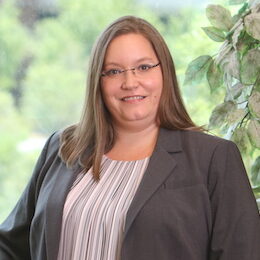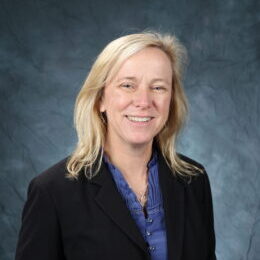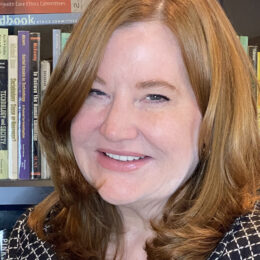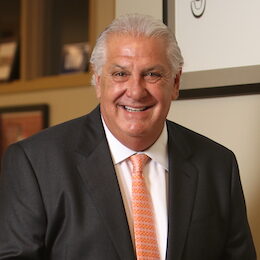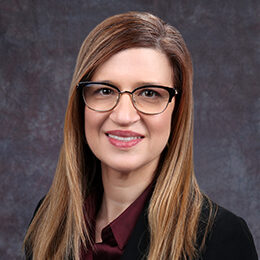The Campaign for the College of Medicine
“We need to produce a socially accountable, culturally humble, empathetic individual that is going to be a great clinician, because one of the things that we have lost is our ability to listen.” – Dr. Joe Greer, Jr.
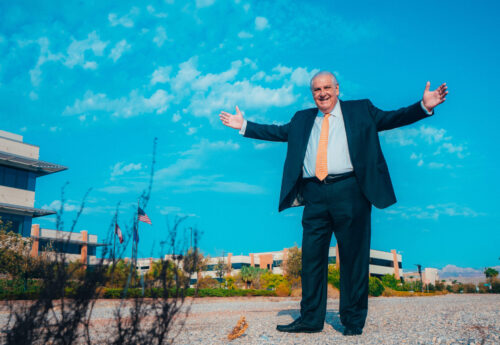
Our Mission: To align students, educators, and the community in designing and delivering an inclusive and collaborative environment for innovative learning, healthcare and research.
Addressing Nevada's Healthcare Needs
Roseman University of Health Sciences is committed to transforming medical education and the health of our communities by addressing Nevada’s critical shortage of physicians through development of a revolutionary medical school. Despite advances in medicine, increased specialization, and the highest per capita health spending of any nation, Americans still experience the growing burden of chronic disease, unsustainable healthcare costs, and persistent inequities in health status.
Nevada's rank in the nation in number of physicians per 100,000
The State ranks 48th in the number of primary-care physicians per 100,000. Nevada reports 82 designated Health Professional Shortage Areas (HPSA’s) with all 17 counties within the state reporting some type of shortage designation.
Primary Care Physicians Needed
Nevada needs 1113 additional primary care physicians by 2030. With our shortages, gaps in healthcare delivery threaten our ability to provide primary and specialty care to our patients and households.
Nevada's Projected Population Growth
By 2035, the population of Nevada is expected to grow by 3.5 million.


GENESIS: A coordinated health ecosystem
Our medical students will join students from Roseman’s Nursing, Pharmacy, and Dental programs working within urban and rural areas and addressing Nevada’s health inequities and lack of access to care through GENESIS. GENESIS is an educational, research, community development and healthcare delivery system. GENESIS re-conceptualizes the health aligned sectors – healthcare, public health, and social services – as a coordinated health ecosystem focused on the home. GENESIS links households’ health care and social needs to a student and provider. This model allows students and providers to track patients’ social determinants of health and provide them direct and immediate access to care.
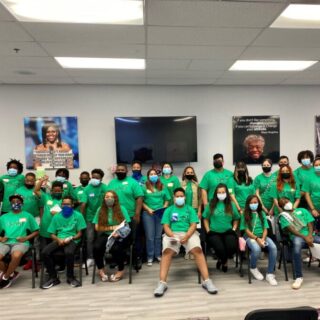

ASPIRE: Diversifying the physician workforce by inspiring students
The College is also building critical pathway programs to enable, inspire and educate the next generation of medical students. ASPIRE will track students from as early as elementary school to medical school – with one major goal – to increase the diversity of the physician workforce by exposing and providing learning opportunities for students traditionally underrepresented in medicine.
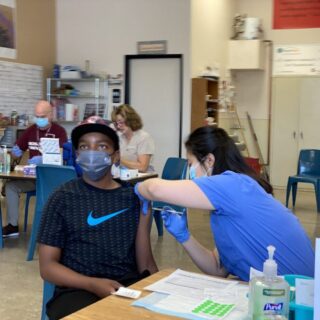

A community-dependent model
By aligning students, educators, partners, and the community through a “community-dependent” model, we will create an inclusive and collaborative environment for innovative learning, healthcare and research. Roseman is building on its healthcare mission to advance health care education through its innovative educational model and to positively impact the health, education, and wellness of the communities it serves by launching a new kind of medical school in one of the most diverse and dynamic communities in America.


